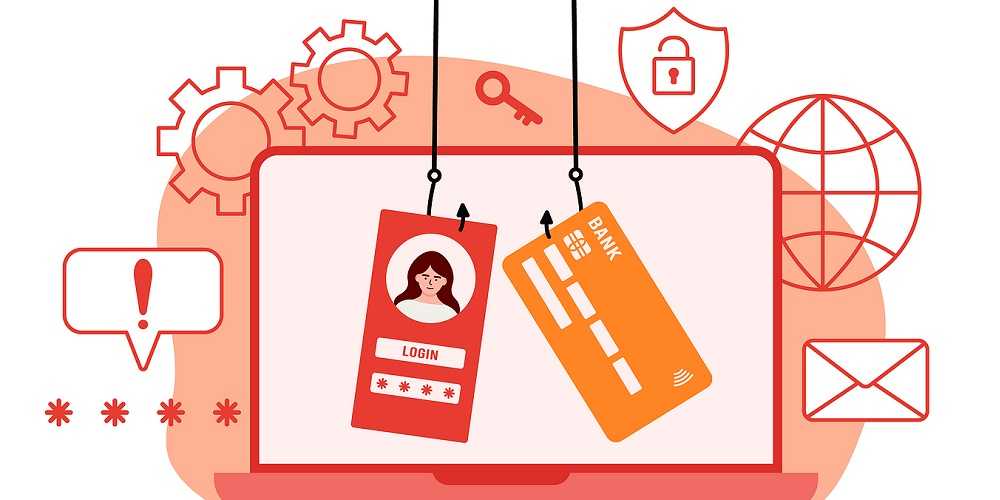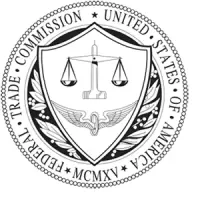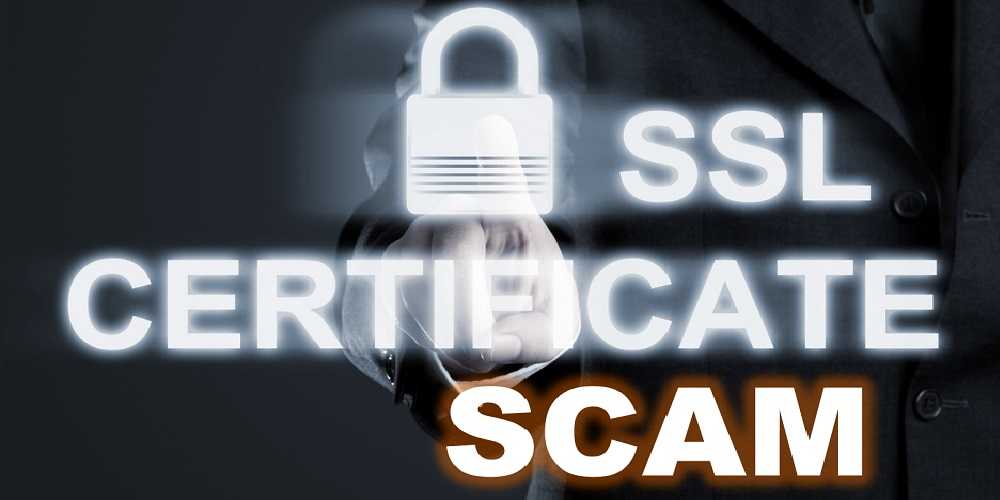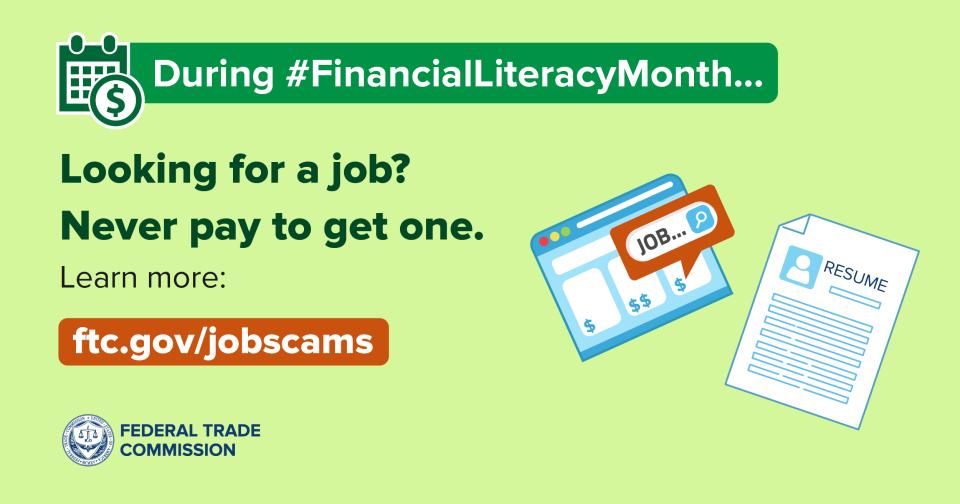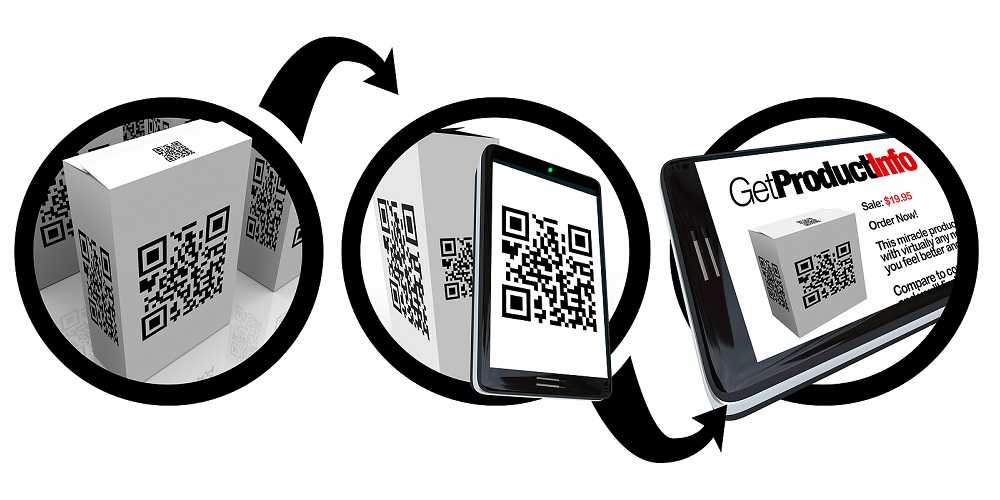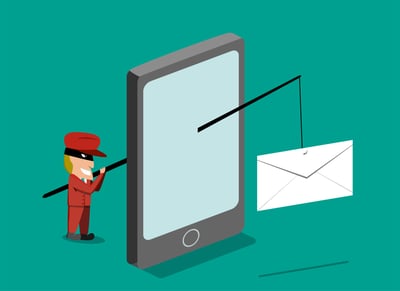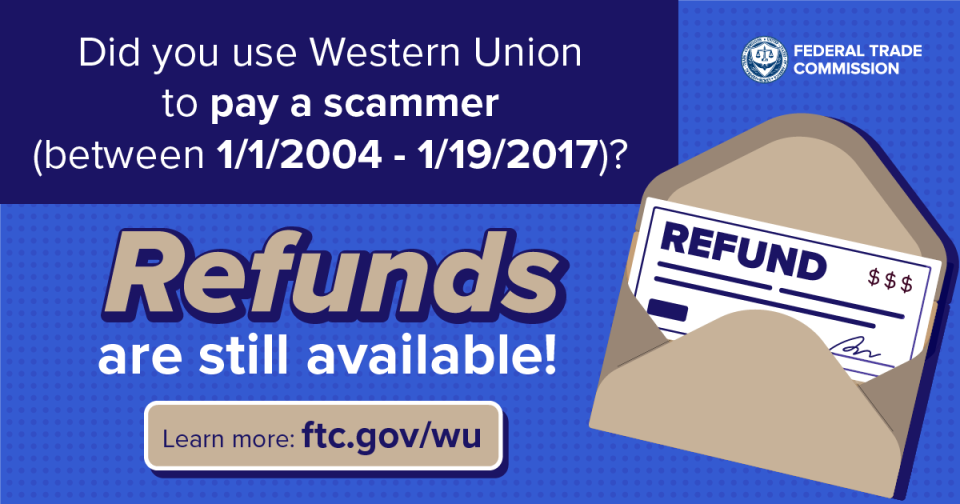FTC Consumer Response Center 1-877-382-4357
One of the most prolific cyber assaults on organizations continues to be email phishing. Financial institutions in particular make lucrative, easy targets to exploit.
Image Source: SOS Daily News
Dishonest invention promoters lie about the profit potential of your invention to get you to pay for expensive, but often useless, services. Here’s what you need to know to avoid an invention promotion scam.
Image Source: Federal Trade Commission
Some scammy debt relief companies will say just about anything to get your money. They promise to get you a lower credit card interest rate, claiming to be able to save you thousands of dollars but they don't have special connections to do that.
Image Source: Federal Trade Commission
Wi-Fi hotspots in coffee shops, libraries, airports, hotels, universities, and other public places are convenient, but often they’re not secure. If you connect to a Wi-Fi network and send information through websites or mobile apps, someone else might be able to see it.
Image Source: Federal Trade Commission
The FBI has warned of a smishing campaign that’s targeting people in the US with phony bank fraud notifications. The text messages inform users that someone has attempted to initiate a money transfer on their account.
Image Source: KnowBe4
There are lots of ways to protect your personal information and data from scammers. But what happens if your email or social media account gets hacked? Here are some quick steps to help you recover your email or social media account.
Image Source: Federal Trade Commission
Technology and business sophistication have moved scam operations from the hands of small-time crooks into a booming, multibillion-dollar transnational industry. As a result, scam artists are now able to reach millions of targets within minutes.
Image Source: AARP
As if it isn’t difficult enough to determine if a website is legitimate or not, a new phishing technique is going to be keeping us all on our toes now.
Image Source: SOS Daily News
Financial Literacy Month is a good time to talk about earning, managing, and saving your money. Are you searching for a new job, investment, or business opportunity to boost your financial well-being?
Image Source: Federal Trade Commission
Malware is one of the biggest threats to the security of your computer, tablet, phone, and other devices. Malware includes viruses, spyware, ransomware, and other unwanted software that gets secretly installed onto your device.
Image Source: Federal Trade Commission
It seems QR squares and barcodes are everywhere. They are chock-full of information available with a quick scan. As a result, countless QR code reader apps are a hot item for download by smartphone users on Google Play Store...
Image Source: SOS Daily News
Researchers at Trend Micro have spotted yet another scam taking advantage of the crisis in Ukraine by impersonating a legitimate charity. In this case, the scammers are posing as the relief organization Mercury One, attempting to steal money and personal information.
Image Source: KnowBe4
Refunds are still available to people who were tricked into wiring money to scammers through Western Union between January 1, 2004 and January 19, 2017. If you didn’t file a claim for a refund yet, you have until July 1, 2022 to file.
Image Source: FTC
That $750 you were promised for filling out a survey was never intended to be paid but is in fact a giveaway scam you just fell for. You may think there’s no real harm in filling out a bogus survey
Image Source: SOS Daily News


